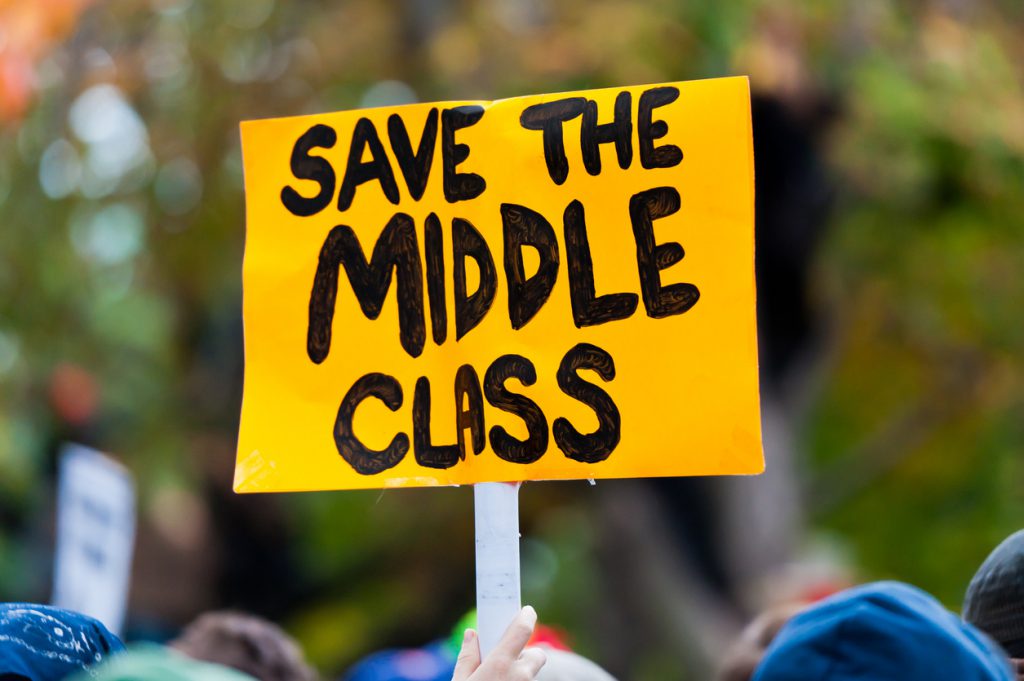Let us not forget the middle class

A recent Eurobarometer survey concluded that the majority of the Maltese identify themselves as middle-class. While some identify this cohort as being professionals, managers or business owners, the main characteristic might also be all those whose income exceeds the median but is not in the top-end bracket.
However, in the case of Malta one might describe the middle class as those who many a time have to bear the double whammy of taxation and cost cutting measures. While on one hand they are deemed as being ‘too rich’ to be eligible for certain State benefits like social housing, energy discounts and other freebies, on the other hand they are the ones who pay more tax per capita as they declare up to the last cent of their earnings.
Their plight could be made even worse come the next Budget as the government has indicated it will be supporting low-income earners over and above the rest of society. Consequently, apart from the cost-of-living allowance low-income earners might be getting a top-up through some sort of new mechanism which has been in the offing for months. This mechanism is expected to be unveiled soon. However, those who on paper are slightly better off shall get none of this support. In some cases, working harder would mean getting punished as earning a couple of thousands more a year means that some of it goes on income tax goes while losing eligibility for certain State services. At times those in the middle-class are stuck between a rock and a hard place. They lose 25% of COLA as the get taxed. Furthermore, they are deemed ineligible to get extra support like the mechanism fur vulnerable households. Hence, they end up carrying the biggest burden in society.
This is why UHM Voice of the Workers is calling on the government not to forget about the middle class. While the union commends measures to support low-income households, it expects a set of measures targeting the middle class as well. The moment that the middle-class starts to be eroded spells trouble for our economy.
Thriving middle classes are the backbone of democratic societies and strong economies, but in many countries, they face mounting pressure as their economic strength is eroding relative to higher‑income households. Real wages and incomes for most middle‑class households have grown only very slowly, and rising expenditures have been putting further pressure on living standards. Meanwhile, globalisation, digitalisation, and demographic change are eroding job opportunities for middle‑skilled workers, who risk sliding into lower‑paid employment. This issue deserves every bit of attention by government and social partners as ultimately we are dealing with the overall majority of our population.
